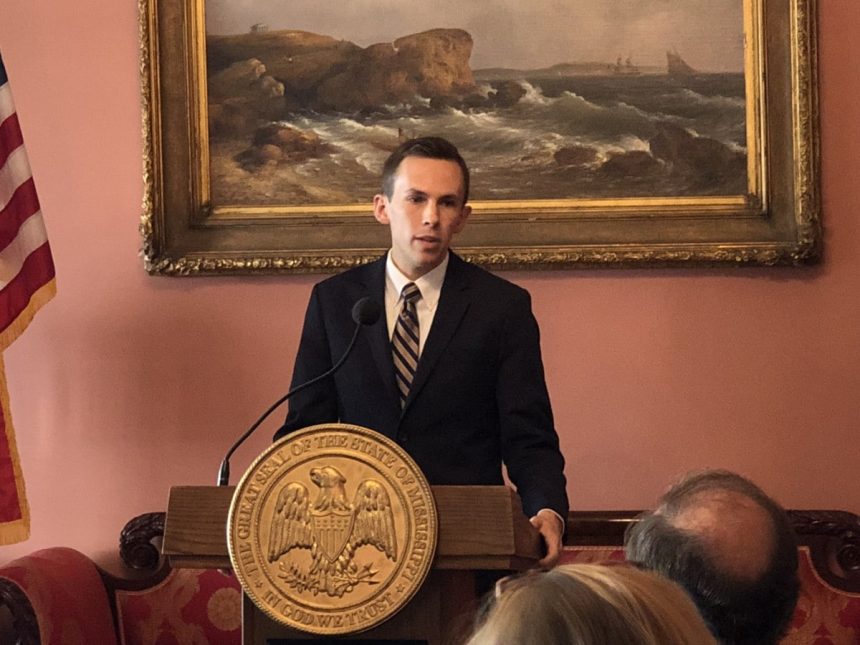Following the recent passage of the CARES Act, the $2.2 trillion economic stimulus package, federal funding will flow to states to assist with the response to the COVID-19 outbreak. State Auditor Shad White has announced plans to audit and monitor the funds that Mississippi receives.
“Now is the time, before the money starts flowing in full, to send the message to everyone in government that that money will be watched closely for fraud,” White said. “Letting folks know we are watching is a way to prevent problems on the back end. Every taxpayer dollar is valuable right now, especially as governments are scrambling to buy protective masks and other life-saving equipment. We cannot lose money to those who would steal it.”

In a news release, the Auditor stated that he will be teleconferencing with his staff and top government audit professionals in the private sector to discuss different methods to prevent fraud, waste, and abuse in Mississippi’s share of the stimulus money. These tools could include:
- Real-time audits of government offices handling federal money.
- Reviews of the internal controls—the procedures put into place to prevent fraud—in state agencies handling stimulus money.
- Performance audits to show whether the spending accomplished the desired outcome.
- Training for government employees dispersing stimulus money.
“The federal government has passed a much-needed stimulus for our businesses and workers during this time of emergency,” said White. “But with any large influx of money—especially the largest stimulus in history—there comes the potential for fraud.”
The legislation, which was signed by President Trump in late March, included nearly $350 billion for small businesses, $500 billion in loan funding for major industries, expanded unemployment benefits, a one-item $1,200 payment to most Americans, and $150 billion in healthcare funding.
The CARES Act was the third bill in a series of response bills related to the coronavirus outbreak. The first of the relief packages provided $7.76 billion to the U.S. Department of Health and Human Services, and the second expanded the availability of testing as well as expanded unemployment, food assistance, and paid leave benefits.







